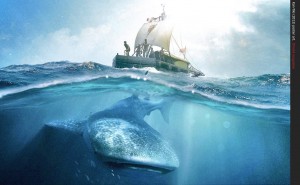This weekend I watched the movie Kon-Tiki with my family. Having never read it, I found the whole thing new, and wonderfully so.
Thor Heyerdahl and his bride, Liv, are beginning their marriage on Fatu Hiva, near the Polynesian Islands. The question captured is this, “Was Polynesia discovered from the West, Asia or from the East, South America, Peru?
The time is the late 1930’s and conventional wisdom is that Polynesia was settled from the West, Asia. At one point in the movie it is suggested that, “Every schoolboy knows that Polynesia was peopled from Asia, not South America.” Everyone knows this is true. This is what everyone has been taught.
The problem, in Thor’s mind, is that this is not true. He is not one of the everyone. He has a hunch, a deep seated gnawing in his gut that this is, well, wrong. He believes just the opposite, that Polynesia was settled from the East, South America. And the reason he believes so is because of his experience. He’s been there. He’s actually lived on the islands. He’s been on a boat, experienced the currents, “researched” his hunch by becoming an ethnographer of the locals, and come to a conclusion which is contrary to public opinion.
What’s an iconoclast, like Thor to do?
He finds himself sharing his theory with leaders in academia, only to be rejected. At one point it is suggested, in jest, “Go ahead, if you want your theory to be accepted, build a raft and drift there from Peru to Polynesia on a balsa wood raft.” Good luck with that!
So that is exactly what Thor sets out to do. I guess when people live from a deep sense of conviction and calling, they sometimes do things which are considered crazy. They simply push the envelope of conventional wisdom.
Have you ever had that experience where things “jump out” at you? While watching this film, I was “attacked” by the following:
- Thor hates water. In fact, he cannot swim. It’s his greatest fear, resulting from a childhood plunge in the frozen waters of Norway. In fact, his father scold him with these words, “Promise me you will never take a risk like that ever again.” Interestingly enough, Thor does not respond. He is being called, now, to step into his greatest fear.
- His crew is motley. Sailors won’t join him. It’s too risky and his ideas are insane…in their mind. Thor has to “settle” for a crew of 5, only one of which has ever been on a boat in the water.
- Adventure and risk will need to be embraced, not avoided, if they are to succeed.
- Tensions will be high. Very little will go as expected.
- Initial appearances are not indicative of final results.
- These men must put their lives in the hands of God. They must come to the place of accepting that this is life, something bigger than themselves, which they are participating in, by faith. If God does not come through, they are dead – literally.
- There are moments, two in particular, of great, unbridled, celebration and joy. They realize in their hearts that yes, what they have done is the “right” thing. For you see, they are not driven to prove others wrong as much as they are to simply know and live the truth. Knowing and living the truth has this impact on them.
Charles Dickens said, “It was the best of times, it was the worst of times…” As I was watching and reflecting upon Kon-Tiki, I found myself with this thought, “Are we living in Kon-Tiki times?”
The winds of change are blowing more frequently and with greater gusto then they perhaps ever have in the past. What might we learn from this Kon-Tiki adventure? What are the transferrable principles? Is it accurate and helpful to think about our times today as Kon-Tiki times? If so, would this be helpful in navigating well the days ahead?
The Guided Pathways movement has come to education. It’s first stop appears to be Community Colleges. The premise is that with structural change we can promise better student success. The means or strategy involves the need to design new academic pathways. And the requirement is that we reimagine the student experience in an effort to bring about, actually embrace the desire for transformational change.
I read an article where those who are leading this charge concluded, “Even with this bare beginning, it is possible to glimpse the magnitude of change and challenges which lie ahead.” That sounds kind of “Kon-Tiki” to me. The magnitude of change and challenge which is upon us…
Thor Heyerdahl had his first dawning, his first hunch, an awakening, that conventional wisdom and theory was “off” while paddling on a boat with his wife. In fact, Liv, his bride, is the one who mentions it. Why? It was so hard, so difficult for her to make the conventional wisdom work. She was paddling against the currents, not with them. And she knew she could not change the currents.
I am wondering if Guided Pathways is our “boat.” Are we now sensing that something is off? Are we now sensing that we, like Thor and his bride, are paddling against the currents? Could it be that now is a good time to challenge conventional wisdom when it comes to education? Does doing educatation the way everyone is doing it always have to be so hard? Hmm… These are large questions.
Personally, I love the questions and opportunities which Guided Pathways emotes. And I am glad to be out on the water, rather than tethered safely to the shore. If there’s a better way to do what we do, then let’s do it. Kuddos to Stephen for his willingness to captain this vessel.
But I sense the need to remember. Remember that in moving forward, the currents of education are the students and the transformation of their lives. They and their experience is what matters most.
Remember that the students are the currents of education. It is our understanding of them and their prevailing “bend” which should inform and drive the changes to be made. Perhaps ethnographic research might be a good next step.
We don’t change to be different. We change to better meet the needs of the students, our current.
Is it time for popcorn and a movie at NMC? Or should we just affectionately nickname Stephen, “Thor?”
Our school was founded on a dream. It was made a reality by those bold enough to explore the waters of education. NMC can and should be a “Thorish” place to be. What would it look like to create a “Culture of Thor?” Like Thor, we need to embrace our need to be caught up in something, with someone, much bigger than ourselves.
Let’s follow the unseen hand of the “Beast Below Us,” see what happens, and get ready for…joy!
Merry Christmas.


